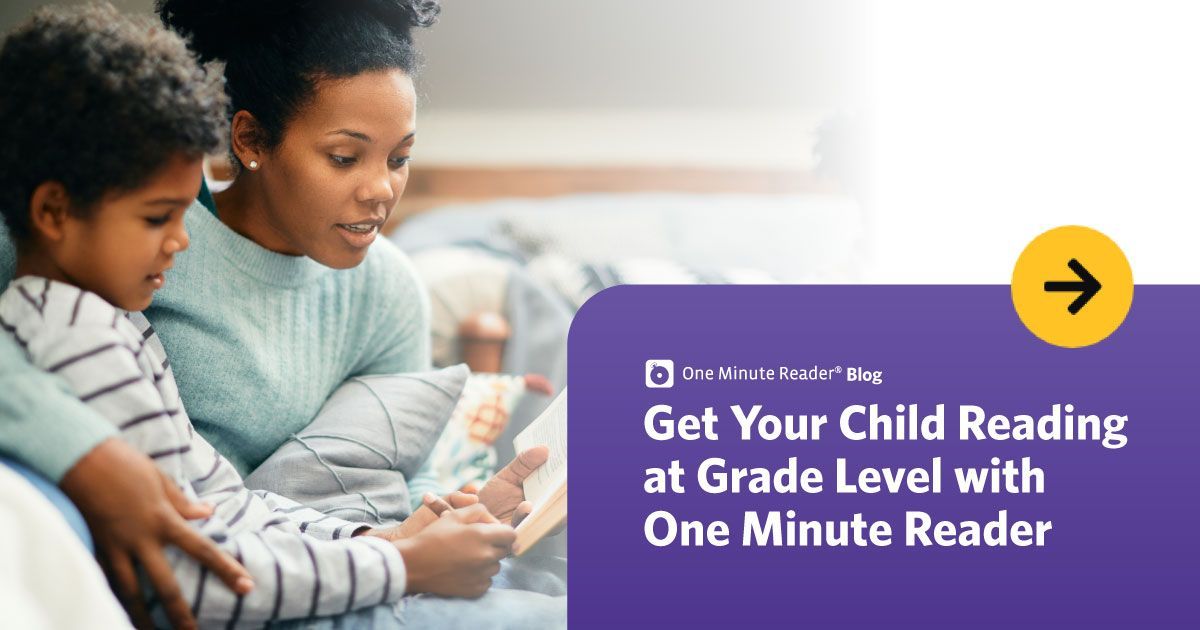Blog
How Well Do We Really Understand Growth Mindset?
Carol Dweck’s groundbreaking mindset research has been all the rage in education circles for a number of years now. Her research shows that students with growth mindsets—those who welcome a challenge and believe they can improve with effort—perform better than students with fixed mindsets who tend to avoid difficult tasks and who believe certain traits, like intelligence, can’t be grown.
Parents and teachers can help nurture the growth mindset, and many have made it a priority to do so. But what, exactly, does this look like? Many people understand Dweck’s research to mean we should encourage and praise effort, not outcomes. But this understanding, Dweck says in an interview with The Atlantic, misses the mark. Parents and teachers who want to foster a growth mindset need to do much more than just praise effort.
“Praise the effort that led to the outcome or learning progress; tie the praise to it,” Dweck says. “It’s not just effort, but strategy … so support the student in finding another strategy. Effective teachers who actually have classrooms full of children with a growth mindset are always supporting children’s learning strategies and showing how strategies created that success.”
Thus, Dweck asserts that fostering a growth mindset can be a long and laborious process that requires deep understanding and a sophisticated approach. It’s much more involved than simply encouraging kids to try their best.
Consider this example of the nuance: I have terrible instincts when it comes to fixing things. But if I theoretically could fix something myself, I don’t like to pay someone else to do it. It’s a tricky combination. More than once, I’ve stubbornly tried to fix something and have ended up breaking it even more. My main problem is that I don’t take the time to carefully research the solution before I start pounding square pegs into round holes.
But hey, I’m putting forth effort, right? There’s actually a lot of effort being expended in these situations—I’m usually sweating by the end. And it’s not like I’ve avoided a challenge. On the contrary, I’ve confronted it head on.
The problem is, it’s not good effort. It has no direction, no strategy, no openness to input. It’s just the stubborn exertion of my non-skills, without a thoughtful plan. If someone praised my effort after one of these episodes—“The important thing is that you tried!”—I don’t think I would take kindly to the feedback.
Do I have a growth mindset here? Or am I just reinforcing my fixed mindset that I’ll never be a handy person?
I could improve in my ability to fix things, but I would need to take a different approach. I would need to put my effort into learning how to properly do so. Believing in my potential to improve (instead of simply saying, “I have terrible instincts when it comes to fixing things”), and working productively toward that improvement, would be a growth mindset. I’d earn your praise of my efforts if I learned an effective way to fix something and then thoughtfully applied that knowledge.
According to Dweck, “You don’t want [students] redoubling their efforts with the same ineffective strategies. You want them to know when to ask for help and when to use resources that are available. All of this is part of the process that needs to be taught and tied to learning.”
At One Minute Reader, we have a special interest in growth mindsets as they relate to reading. As you know, a big reason kids struggle with reading is because their mindset about it is fixed. “I’m bad at reading” is often the beginning of the downward spiral that widens the gap between a struggling reader and their peers. We designed One Minute Reader so that the kids using the program would improve through sustained effort with an effective approach. Their confidence builds and their motivation increases as they realize their reading ability is not fixed at all—they possess everything they need to make it grow.
Please try our program for free if you’d like to experience how it can help your struggling reader. We’d love to partner with you in helping your child's growth mindset flourish. As for me, I think I’ve finally convinced myself to watch some how-to-fix-it YouTube videos—before grabbing my toolbox—the next time something breaks.
Highlighted Posts


Ready to see an improvement in your child's reading?
Sign up today and get seven days for FREE.
One Minute Reader is just $8 per month after your free trial.
